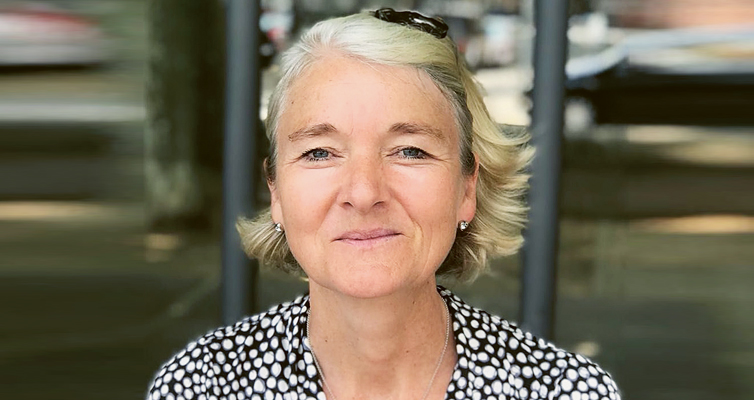‘Impressive progress in the area of vocational training’

Experts are working in around 30 developing countries and emerging economies as part of the Business Scouts for Development programme, building bridges between the private sector and development cooperation. Why is this role so important?
Our aim is to make full use of the positive influence that private sector engagement abroad can have. To achieve that, our experts help in gaining access to often difficult markets, thereby creating new jobs locally and promoting value chains – and contributing to better living conditions across the country. But they also advise on improving environmental and social standards and make entrepreneurs aware of relevant funding programmes. And they support companies with making their plans for expansion as sustainable as possible.
What have been the programme’s biggest successes to date?
I have been particularly impressed by progress in the area of vocational training. In cooperation with companies and local vocational training facilities, our experts have achieved a lot, especially in Latin America and Asia, and have helped launch some new apprenticeships, for example in mechatronics. In a number of countries, the experts on our programme have also organised energy-saving workshops where employees of local businesses have formulated specific ideas for reducing emissions that they were able to implement directly in their own companies. Participants represented a wide range of different sectors, so the programme has had a direct, positive and measurable impact on the climate.
You used to work on the programme yourself, as an expert in the food industry. What was your experience?
I worked for the programme in Tunisia and found the work I did there really rewarding. For example, I was able to support Tunisian companies with exporting products such as dates and olive oil to Germany. That created jobs, but I was also able to help mainstream organic food production standards more sustainably across the country. It’s something special to see your work having such a direct impact.
ExperTS has been running for a decade already, but the programme is changing in 2021. How exactly?
We are combining ExperTS with other programmes doing similar work, such as one that has been supporting entrepreneurs in Germany in their dealings with developing countries and emerging economies. We’re now called Business Scouts for Development and we create synergies to enable our experts to respond even more quickly and flexibly to enquiries. But of course their work in the individual countries of assignment will continue under the new structure.
Contact: Elke Peiler, elke.peiler@giz.de
published in akzente 1/21
